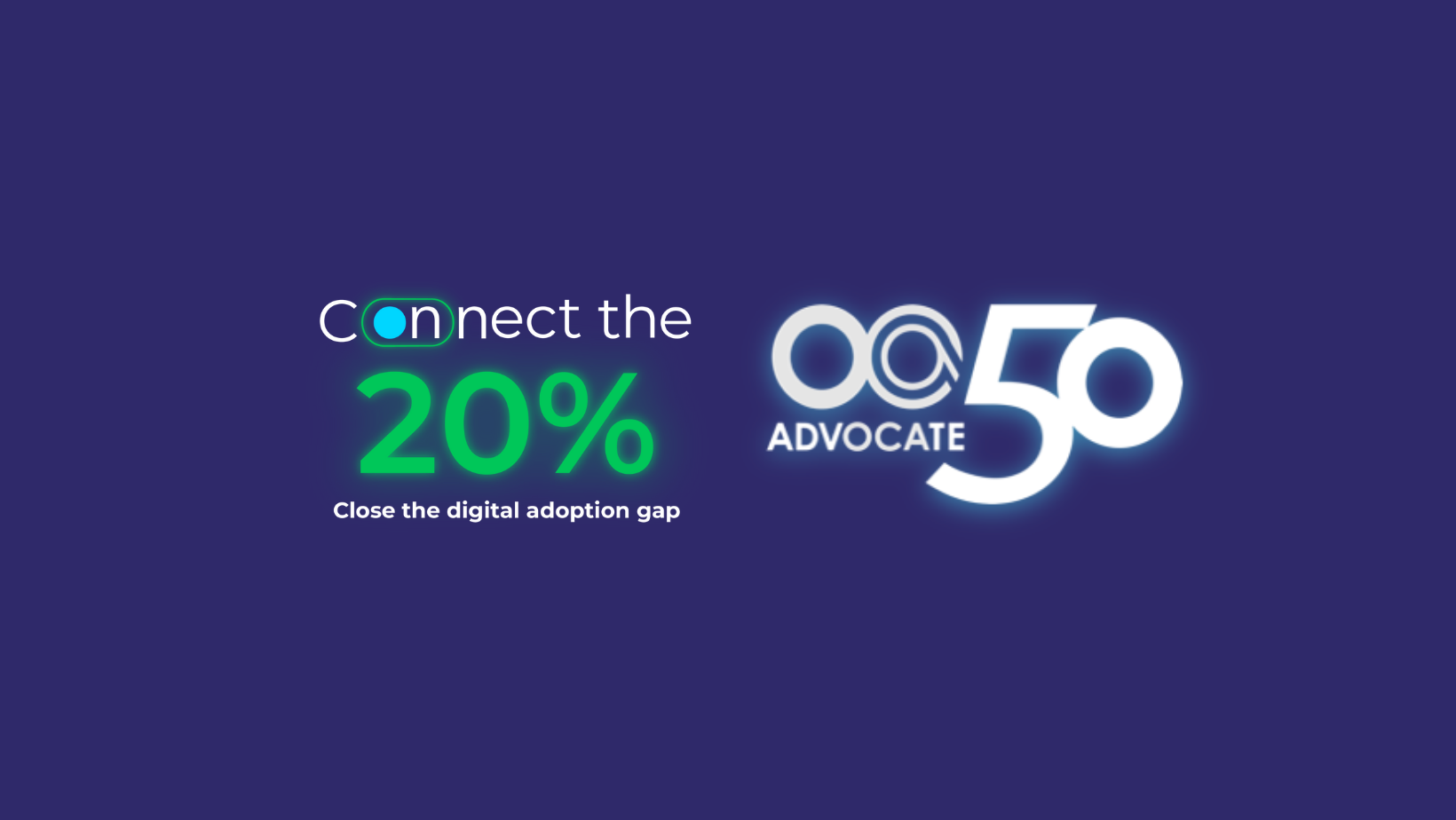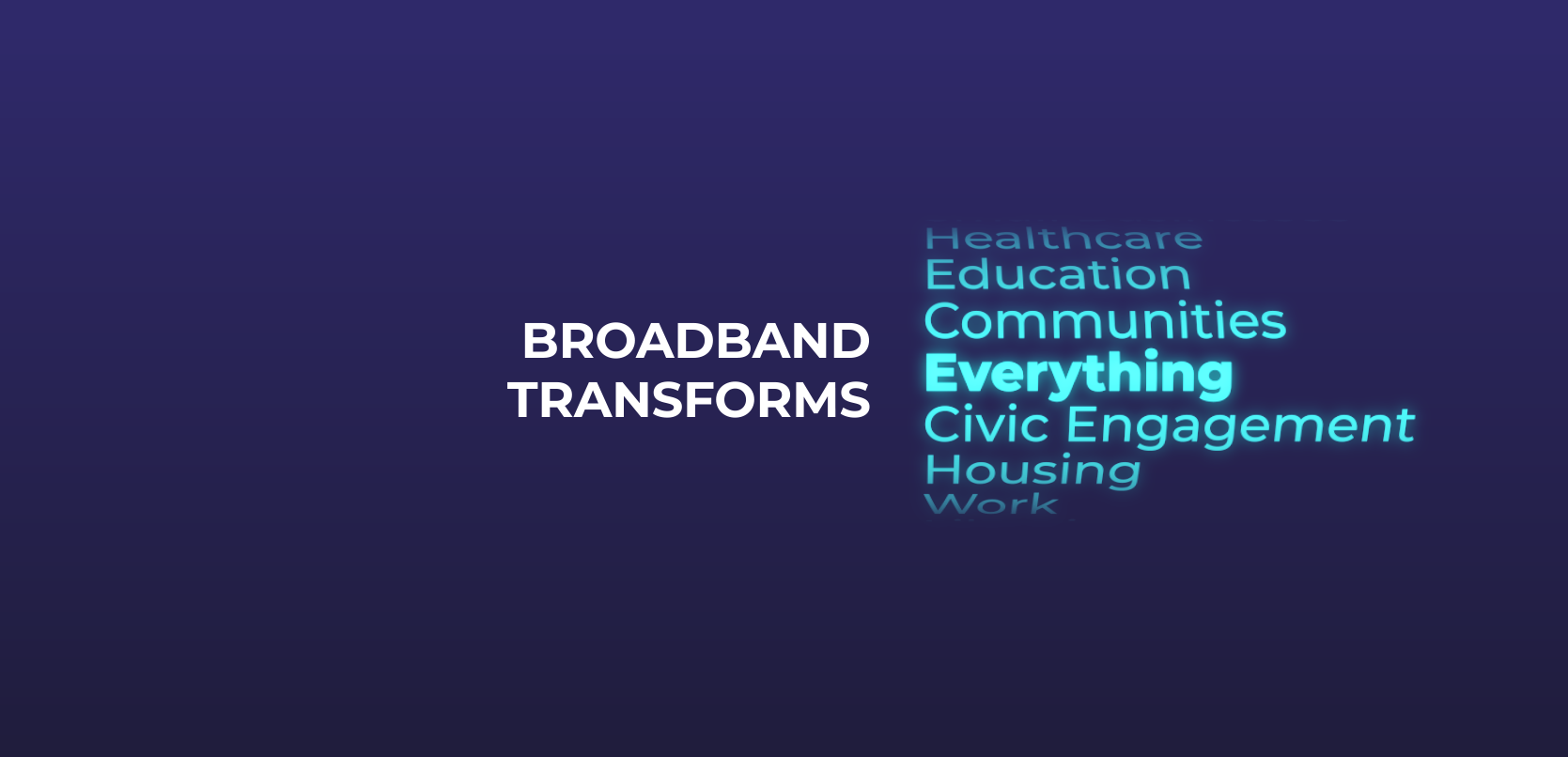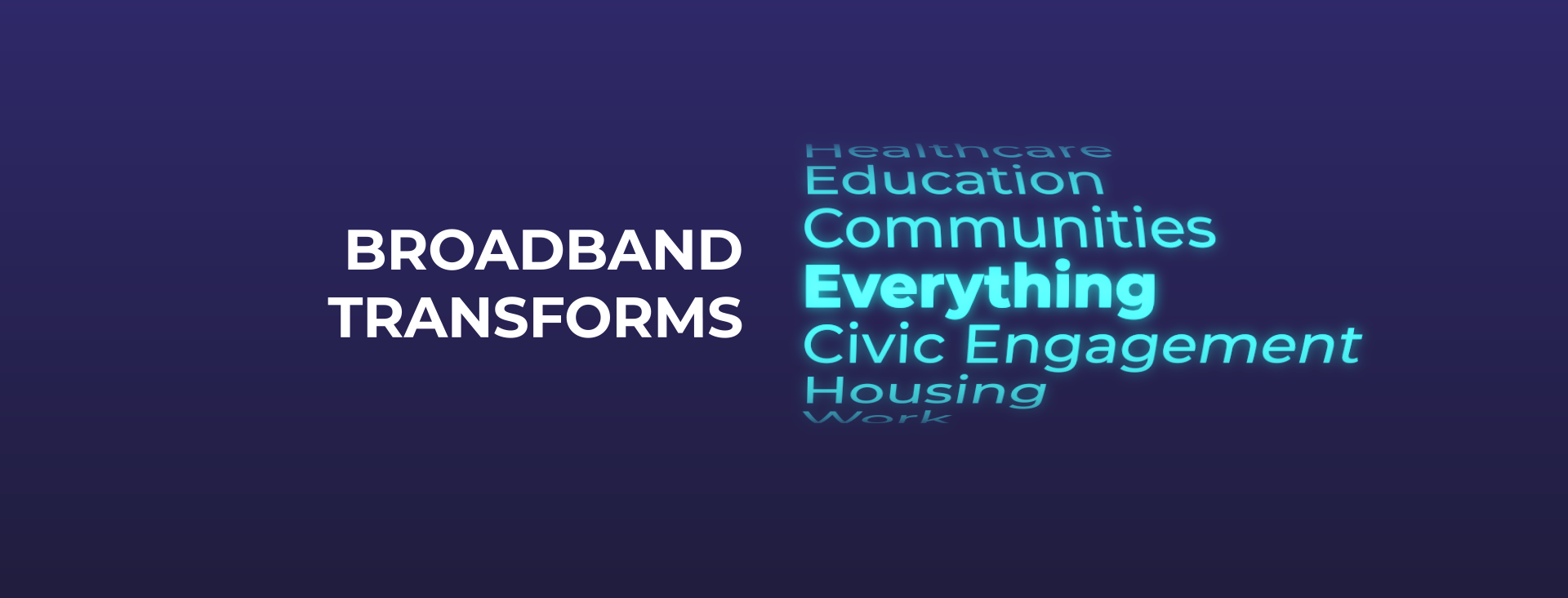OCA – Asian Pacific American Advocates is an organization dedicated to serving Asian Americans, Native Hawaiians and Pacific Islanders (AANHPIs), with chapters across the United States. Recognizing the need for digital services in these communities, OCA applied for and received one of the FCC’s first Affordable Connectivity Program (ACP) Outreach Grants. The organization will begin training digital navigators at its upcoming 2023 OCA National Convention in Washington, DC.
Network:On talked to Yen Jeong with OCA to learn more.
Can you tell us a bit about OCA’s mission and the communities you serve?
OCA – Asian Pacific American Advocates’ mission is to empower and promote Asian Americans, Native Hawaiians and Pacific Islanders (AANHPIs) at the national, state and local levels by advancing equities and opportunities in society. With a national headquarters in Washington, D.C., OCA has over 35 chapters and affiliates across the country in 24 states.
The AANHPI communities we serve are very diverse due to their geographical location differences and their immigration and migration histories in the U.S. For example, the OCA chapter in Utah is largely Pacific Islander that predominantly belongs to a socio-economically disadvantaged community, whereas OCA chapters in Seattle, Sacramento, Las Vegas, Houston, St. Louis and New York mainly serve a wide range of Asian American communities. These chapters support new immigrants from Burma and Nepal as well as Central Asia such as Afghanistan and Syria.
This year we’re also celebrating our 50th anniversary as an organization! As part of the celebration of our golden anniversary, we’re hosting our 2023 OCA National Convention in Washington, D.C., themed “Organize, Connect, Act!” We’ll bring together thousands of OCA members, leaders, activists, and allies from across the country for five days of education, discussion, celebration, advocacy, and outreach.
When did you realize that digital adoption was an important goal for your communities and members?
We recognized the digital divide among our community members in the early 2010s as the transition from analog to digital television became more prevalent. We realized many families who struggled to understand and access the Analog-to-Digital converters encountered similar challenges with in-home internet services.
In 2020, when the COVID-19 pandemic started, the urgency for digital adoption escalated. Hundreds of AANHPI students nationwide reported the need for laptops and internet access at home due to college campus shutdowns. We were able to provide 120 laptops to students who needed them most. We also identified that seniors and new immigrants faced more difficulty staying connected and online during the pandemic.
Why did you decide to apply for the FCC’s ACP grant?
We decided to apply for the FCC ACP outreach grant because we recognized two main needs in the community:
1. The need to emphasize the significance and necessity of promoting digital literacy and digital equity within the AANHPI community.
2. The need to empower local community members to be digital navigators to build sustainable digital equity practices.
We will use the funds to hire digital navigators nationwide. We recently spoke with Emma Gautier with Institute for Local Self-Reliance(ILSR) about our plans. The article, OCA-Asian Pacific American Advocates Challenges ‘Model Minority’ Myth to Close Digital Access Gaps, is available here.
Why are digital navigators such an important part of breaking down those barriers?
Digital navigators are critical when it comes to raising awareness and increasing enrollment in the ACP since they are trusted members of the community. They can offer tailored end-to-end support and effectively adopt best practices based on their understanding of each communities’ cultural nuances.
For instance, digital navigators can explain technological terms in the languages they speak and in ways relevant to the community members. Furthermore, digital navigators acknowledge the level of deep-seated distrust of surveillance technology that people have, so they are able to help people approach the internet in a more comfortable and safe way. Additionally, they can provide community members with higher satisfaction in navigating the internet because they understand the trends of technology use and how the internet can enhance daily lives within communities.
OCA Executive Director Thu Nguyen discusses the importance of digital navigation services more here:




